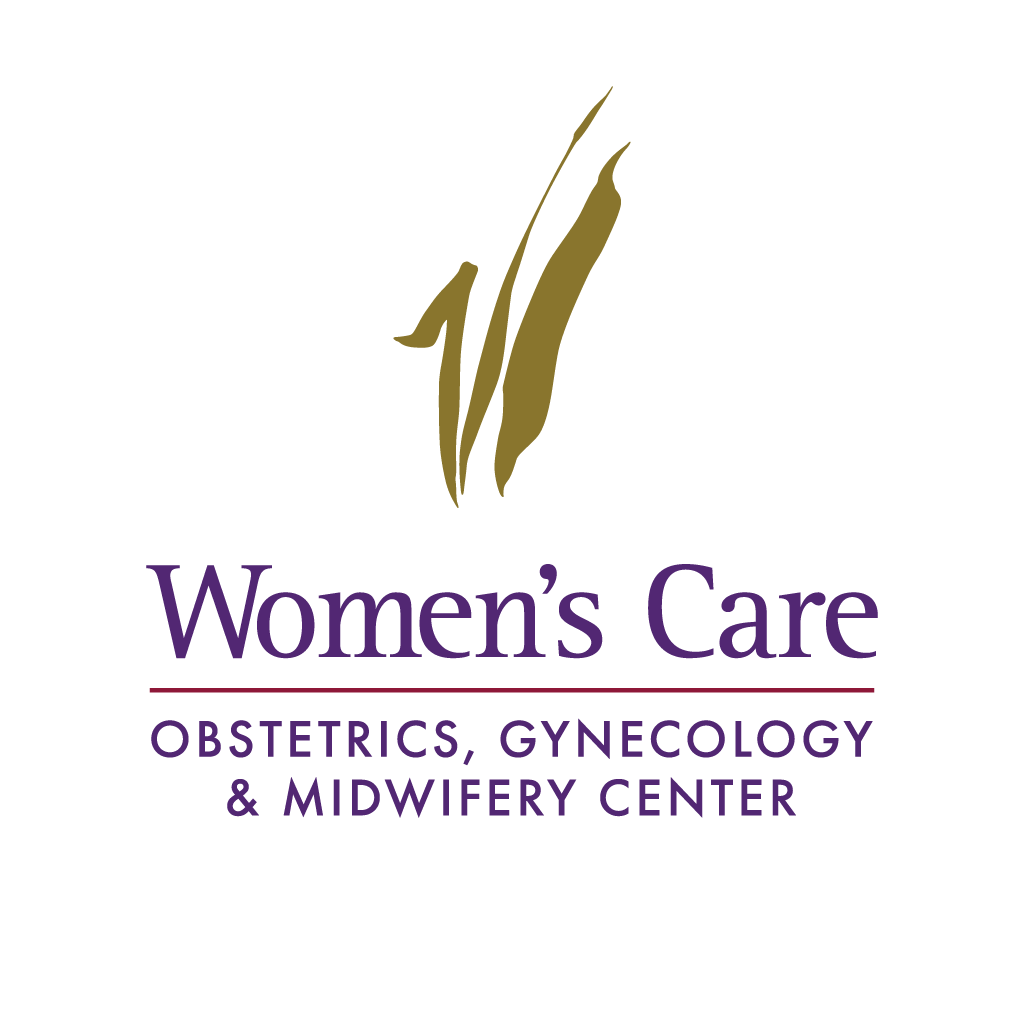What You Need to Know About Breast Health
At Women’s Care, we take breast health very seriously. One in eight women in the United States will develop breast cancer by the time they turn 75 years old. This staggering statistic is one of the main reasons breast health is important to us. Mammograms, clinical breast exams, and self-breast checks are a few ways to help detect abnormalities early.
When Should I Get My First Screening Mammogram?
Most women should get their first screening mammogram at age 40, and every year after that. High risk women may need mammograms earlier and possibly more often. Regular mammograms are key to the early detection and prevention of death due to breast cancer. Women’s Care uses computer-aided mammography that uses x-ray technology to create an image of the breasts. A radiologist will read the image and interpret your breast health. We use the utmost care and caution to make sure you feel safe and supported during your mammogram.
The Importance of Self-Breast Exams and Clinical Breast Exams
Being proactive is the best way to ensure early detection of breast cancer. Starting in your twenties, you should begin regular monthly breast exams by moving your fingers in a circular motion all around your breasts checking for lumps. Keep in mind that breast tissue can be found up to the level of the collarbone and into the axilla (armpit). It is important to check the entire breast tissue area for any lumps or anything that feels unusual. Performing self-exams on a regular basis will help to form familiarity with your own body and can help detect changes as they arise.
In addition to self-breast exams, clinical breast exams will be performed as part of your routine annual GYN examination. This is an important part of one’s preventive health care and should occur once a year, or more often if changes are detected in a self-breast exam. In a clinical breast exam, your provider can perform an exam by checking your breasts thoroughly for anything out of the ordinary. Because most people do not see their doctor monthly, it is important to do regular self-checks and notify your doctor of any concerns
What Happens If I Find Something?
If you find a bump or a lump on your breasts, call Women’s Care to arrange for prompt further evaluation. A clinical breast examination will be done, and any indicated further testing will be ordered. Typical follow up of a breast finding may include mammography, ultrasound, or biopsy. Women’s Care will be able to point you in the direction that will provide you with the best care and path forward.
The earlier women recognize the importance of breast health, the more likely they are to get the help they need if there is an issue. Talk to us at Women’s Care today if you have any questions or concerns. We are here to support you.
Screening mammograms are available at both Women’s Care locations, making it easy for you to schedule an appointment. Are you due for a mammogram? Log in to your patient portal and schedule your appointment today.
